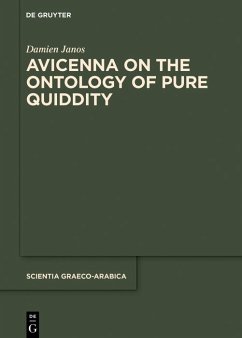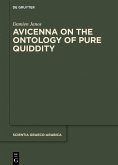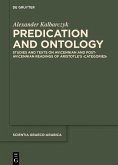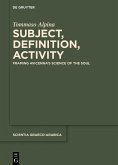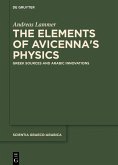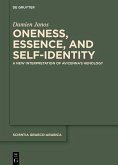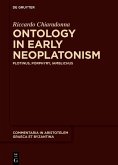This study focuses on the metaphysics of the great Arabic philosopher Avicenna (or Ibn Sina, d. 1037 C.E.). More specifically, it delves into Avicenna's theory of quiddity or essence, a topic which seized the attention of thinkers both during the medieval and modern periods. Building on recent contributions in Avicennian studies, this book proposes a new and comprehensive interpretation of Avicenna's theory of 'the pure quiddity' (also known as 'the quiddity in itself') and of its ontology. The study provides a careful philological analysis of key passages gleaned from the primary sources in Arabic and a close philosophical contextualization of Avicenna's doctrines in light of the legacy of ancient Greek philosophy in Islam and the early development of Arabic philosophy (falsafah) and theology (kalam). The study pays particular attention to how Avicenna's theory of quiddity relates to the ancient Greek philosophical discussion about the universals or common things and Mu'tazilite ontology. Its main thesis is that Avicenna articulated a sophisticated doctrine of the ontology of essence in light of Greek and Bahshamite sources, which decisively shaped subsequent intellectual history in Islam and the Latin West.
Dieser Download kann aus rechtlichen Gründen nur mit Rechnungsadresse in A, B, BG, CY, CZ, D, DK, EW, E, FIN, F, GR, HR, H, IRL, I, LT, L, LR, M, NL, PL, P, R, S, SLO, SK ausgeliefert werden.

